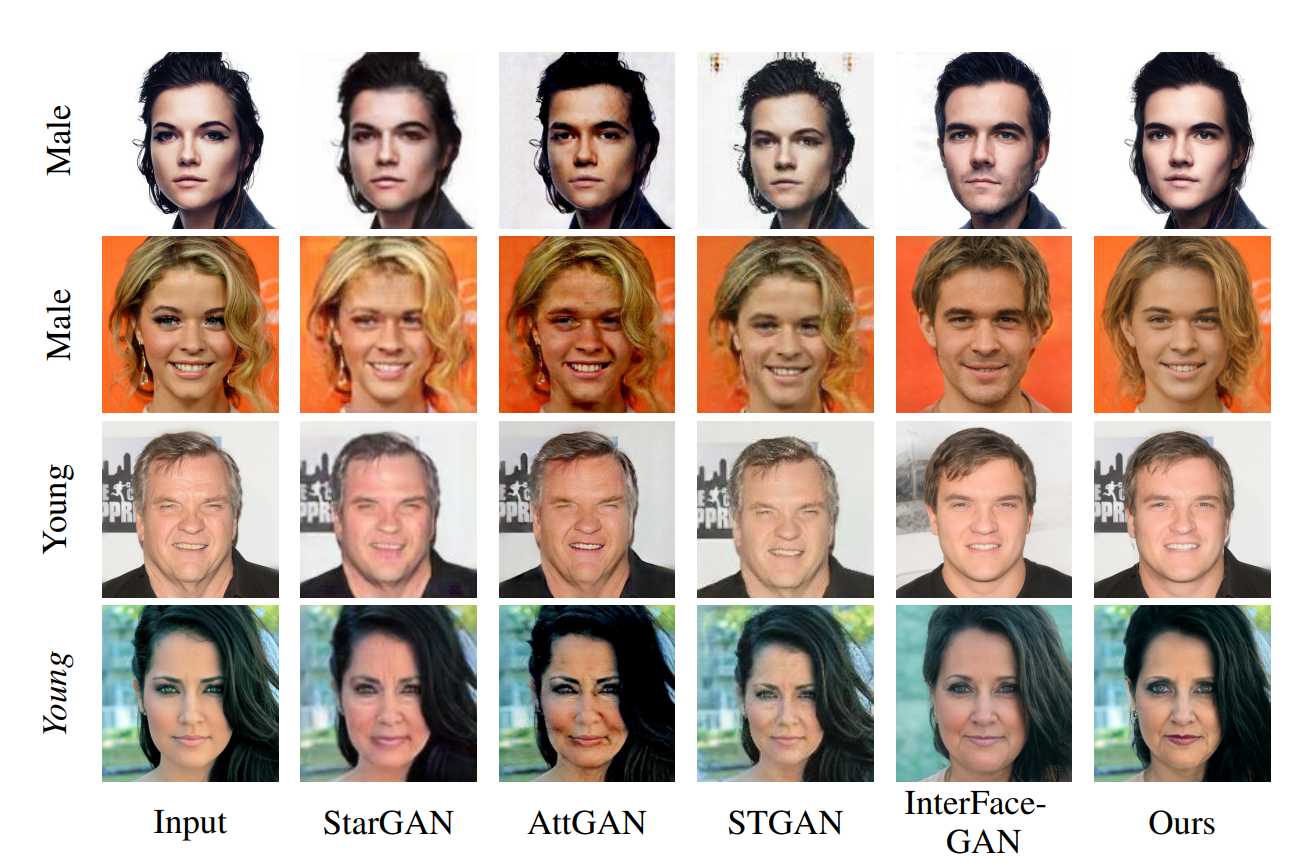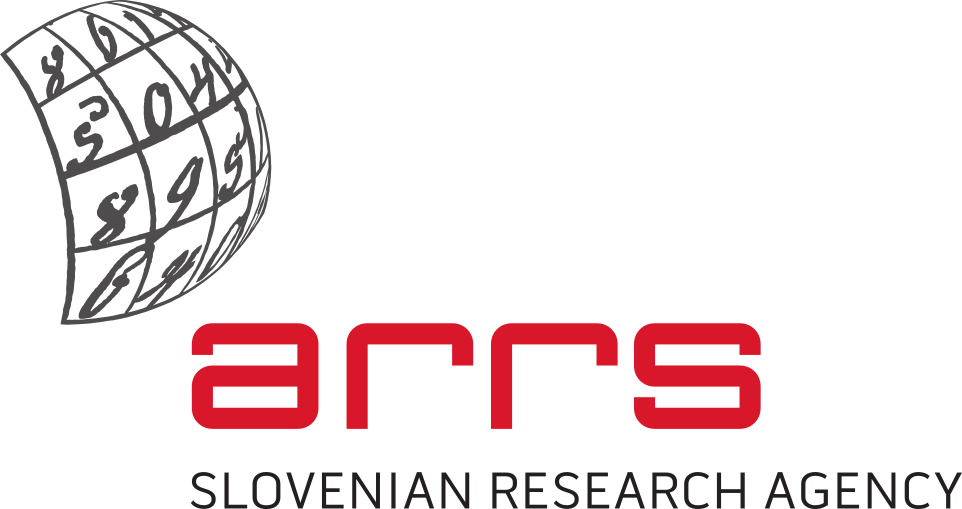We propose a method for high resolution face editing through the use of constraints on GAN inpainted image regions.
Face editing represents a popular research topic within the computer vision and image processing communities. While significant progress has been made recently in this area, existing solutions: (i) are still largely focused on low-resolution images, (ii) often generate editing results with visual artefacts, or (iii) lack fine-grained control and alter multiple (entangled) attributes at once, when trying to generate the desired facial semantics. In this paper, we aim to address these issues though a novel attribute editing approach called MaskFaceGAN. The proposed approach is based on an optimization procedure that directly optimizes the latent code of a pre-trained (state-of-the-art) Generative Adversarial Network (i.e., StyleGAN2) with respect to several constraints that ensure: (i) preservation of relevant image content, (ii) generation of the targeted facial attributes, and (iii) spatially--selective treatment of local image areas. The constraints are enforced with the help of an (differentiable) attribute classifier and face parser that provide the necessary reference information for the optimization procedure. MaskFaceGAN is evaluated in extensive experiments on the CelebA-HQ, Helen and SiblingsDB-HQf datasets and in comparison with several state-of-the-art techniques from the literature, i.e., StarGAN, AttGAN, STGAN, and two versions of InterFaceGAN. Our experimental results show that the proposed approach is able to edit face images with respect to several facial attributes with unprecedented image quality and at high-resolutions (1024x1024), while exhibiting considerably less problems with attribute entanglement than competing solutions.
Global editing is turned on my default whenever you run main.py with attribute argument that does not belong to the local_attributes list (specified in config.yml).
pip install -r requirements.txt
Convert the official weights, by cloning and following instructions of
rosinality's PyTorch StyleGAN implementation .
Copy the created stylegan2-ffhq-config-f.pt checkpoint to models/stylegan2 folder.
Download the model checkpoint with download.sh script
./download.sh
python main.py --attribute mouth_slightly_open --outdir output --image input/1815.jpg
You can also optionally use the e4e model (it is downloaded via download.sh script). Use it by specifying
--e4e_init argument when calling the main.py script.
The available attributes are specified in config.yml
StyleGAN2 code is based on the rosinality's PyTorch implementation.
The e4e code is based on the official implementation
Masked LPIPS loss function is adapted from official implementation
Supported in parts by the Slovenian Research Agency ARRS through the Research Programme P2-0250(B) Metrology and Biometric System, the ARRS Project J2-2501(A) DeepBeauty and the ARRS junior researcher program.
If you find MaskFaceGAN useful in your research work, please consider citing:
@ARTICLE{DBLP:journals/corr/abs-2103-11135,
author = {Martin Pernus and
Vitomir Struc and
Simon Dobrisek},
title = {High Resolution Face Editing with Masked {GAN} Latent Code Optimization},
journal = {CoRR},
volume = {abs/2103.11135},
year = {2021},
url = {https://arxiv.org/abs/2103.11135},
eprinttype = {arXiv},
eprint = {2103.11135},
timestamp = {Wed, 24 Mar 2021 15:50:40 +0100},
biburl = {https://dblp.org/rec/journals/corr/abs-2103-11135.bib},
bibsource = {dblp computer science bibliography, https://dblp.org}
}






